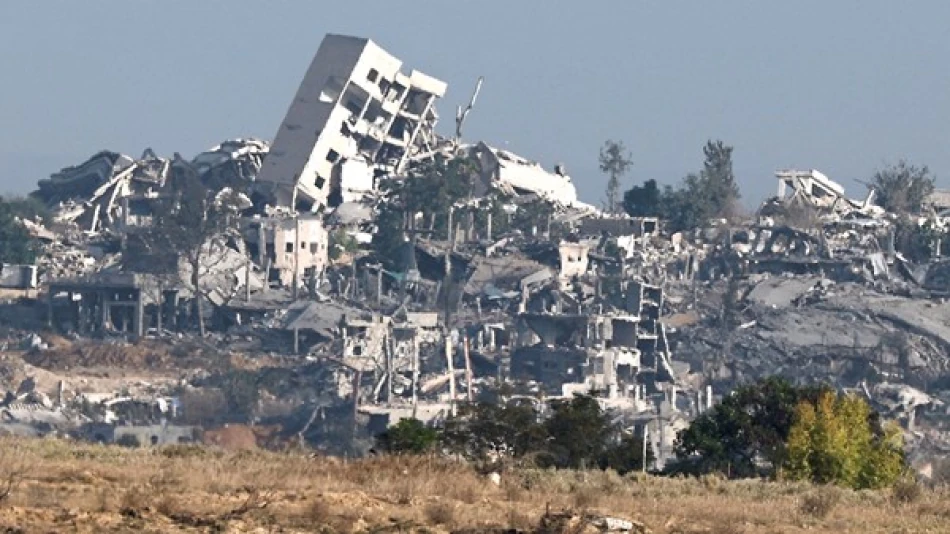
Palestinian Factions Agree to Manage Gaza Through Temporary Committee
Palestinian factions meeting in Cairo agreed to hand over Gaza's administration to an independent Palestinian committee made up of local technocrats. The move aims to manage basic services and daily life after the devastating war while paving the way for Palestinian unity.
The agreement came after two days of talks on October 23-24, hosted by Egypt with several Palestinian groups participating. These meetings are part of broader efforts to cement the Gaza ceasefire and discuss the second phase of President Donald Trump's plan to end the war.
The joint statement praised mediation efforts by Egypt, Qatar, and Turkey, along with Arab, Islamic, and international support, specifically highlighting Trump's role in stopping the Gaza war.
Under the agreement, the temporary committee of independent Gaza residents will handle daily affairs and basic services. They'll work with Arab partners and international organizations to get things running again. The factions also called for an international committee to oversee funding and implementation of Gaza's reconstruction.
The groups reaffirmed their support for continuing the ceasefire implementation. This includes Israeli forces withdrawing from Gaza, completely lifting the blockade, opening all crossings including the Rafah border, and starting comprehensive reconstruction to restore normal life and end Palestinian suffering.
Security remains a key concern. The statement emphasized taking all necessary steps to maintain security and stability throughout Gaza. It also stressed the importance of getting UN approval for temporary international forces to monitor the ceasefire.
Looking ahead, the factions agreed to keep working together to unify their positions on challenges facing the Palestinian cause. They called for an urgent meeting of all Palestinian forces to agree on a national strategy and revitalize the Palestine Liberation Organization as the sole legitimate representative of the Palestinian people, ensuring it includes all Palestinian components and active forces.
This development represents a significant step in post-war Gaza planning, though the practical challenges of reconstruction and governance in the devastated territory remain enormous. The agreement shows Palestinian factions trying to present a unified front for the post-conflict phase, but implementation will depend heavily on continued ceasefire compliance and international support.
Most Viewed News

 Layla Al Mansoori
Layla Al Mansoori






